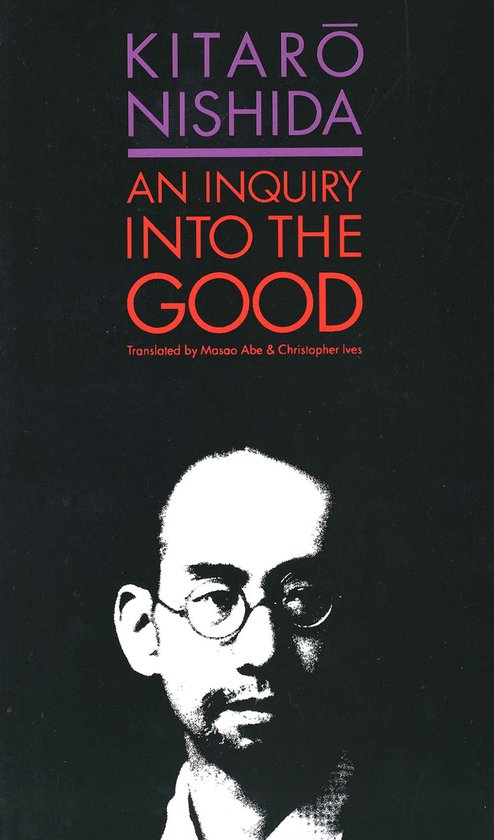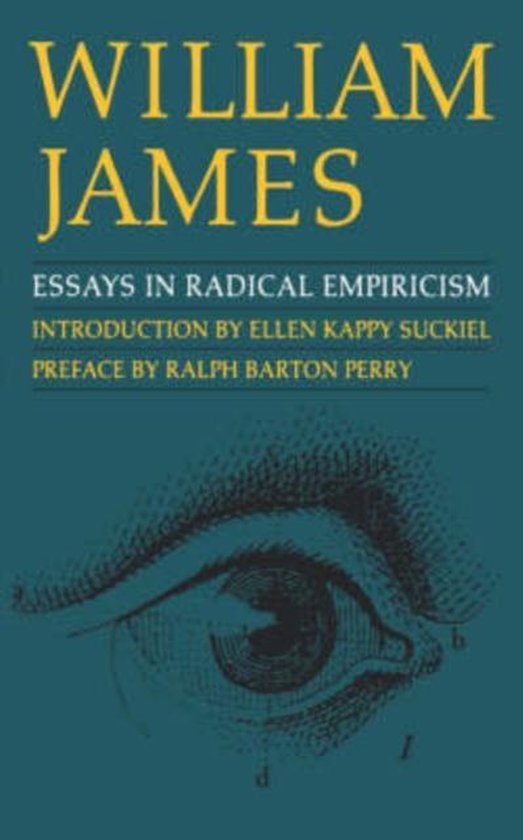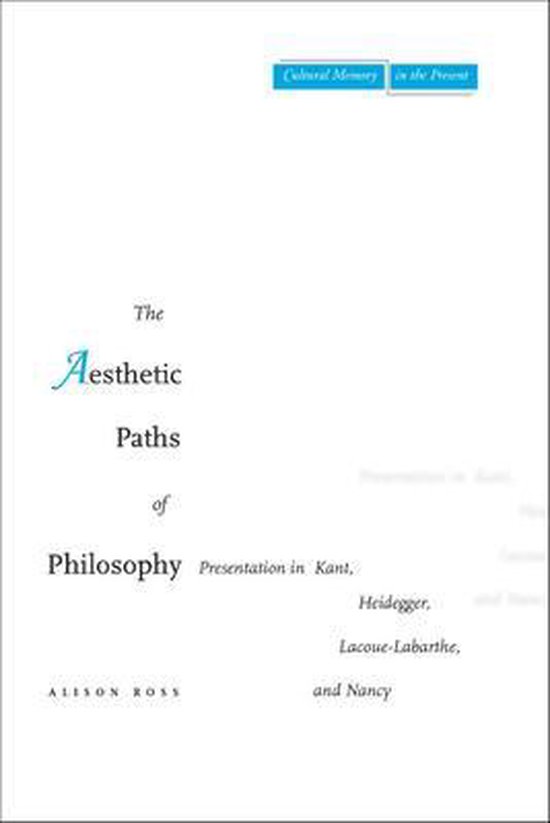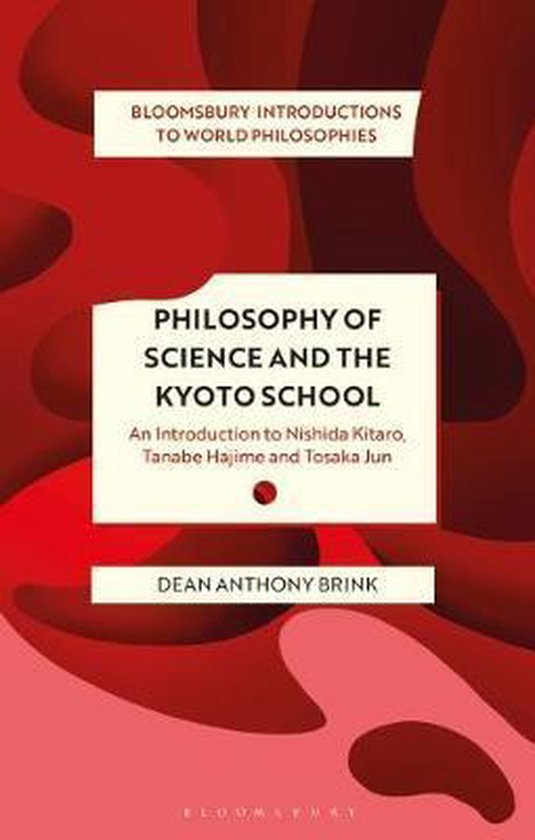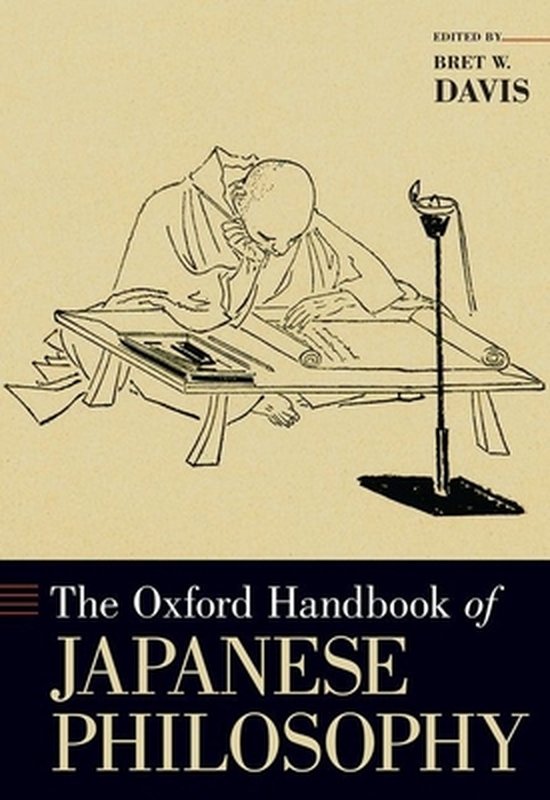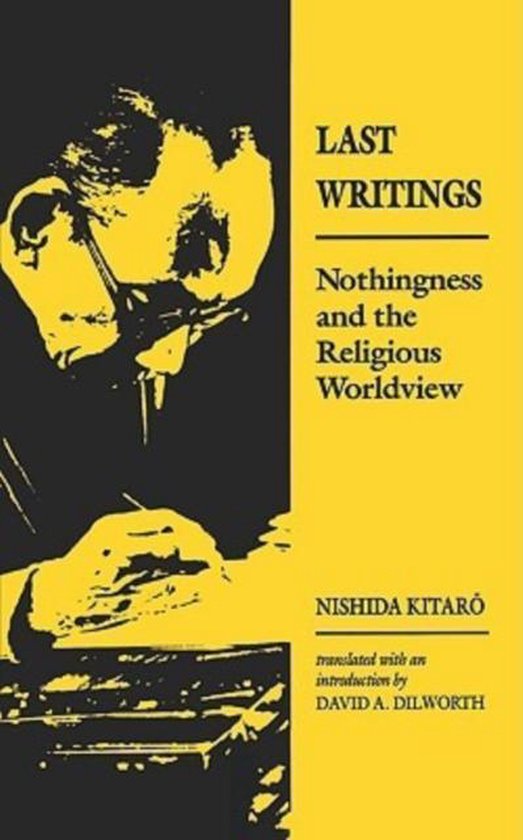
Last Writings
Argues for the existential primordiality of the religious consciousness against Kant, while also critically engaging the thought of such authors as Aristotle, the Christian Neo-Platonists, Spinoza, Fichte, Hegel, Barth, and Tillich. This book also includes a translation of Nishida’s ""Last Writing"" (Zeppitsu), written just two days before his death.
His final essay, “The Logic of the Place of Nothingness and the Religious Worldview,” completed in the last few months before his death, is a summation of his philosophy of religion and has come to be regarded as the foundational text of the Kyoto school. It is one of the few places in his writings where Nishida draws openly and freely on East Asian Buddhist sources as analogs of his own ideas.
Here Nishida argues for the existential primordiality of the religious consciousness against Kant, while also critically engaging the thought of such authors as Aristotle, the Christian Neo-Platonists, Spinoza, Fichte, Hegel, Barth, and Tillich. He makes it clear that he is also indebted to Pascal, Kierkegaard, and Dostoievsky as well as to Nâgârjuna, the Ch'an masters, Shinran, Dôgen, and other Buddhist thinkers. This book–a translation of the most seminal work of Nishida's career–also includes a translation of his “Last Writing” (Zeppitsu), written just two days before his death.
His final essay, “The Logic of the Place of Nothingness and the Religious Worldview,” completed in the last few months before his death, is a summation of his philosophy of religion and has come to be regarded as the foundational text of the Kyoto school. It is one of the few places in his writings where Nishida draws openly and freely on East Asian Buddhist sources as analogs of his own ideas.
Here Nishida argues for the existential primordiality of the religious consciousness against Kant, while also critically engaging the thought of such authors as Aristotle, the Christian Neo-Platonists, Spinoza, Fichte, Hegel, Barth, and Tillich. He makes it clear that he is also indebted to Pascal, Kierkegaard, and Dostoievsky as well as to Nâgârjuna, the Ch'an masters, Shinran, Dôgen, and other Buddhist thinkers. This book–a translation of the most seminal work of Nishida's career–also includes a translation of his “Last Writing” (Zeppitsu), written just two days before his death.
| Auteur | | Nishida Kitaro |
| Taal | | Engels |
| Type | | Paperback |
| Categorie | | Religie, Spiritualiteit & Filosofie |
